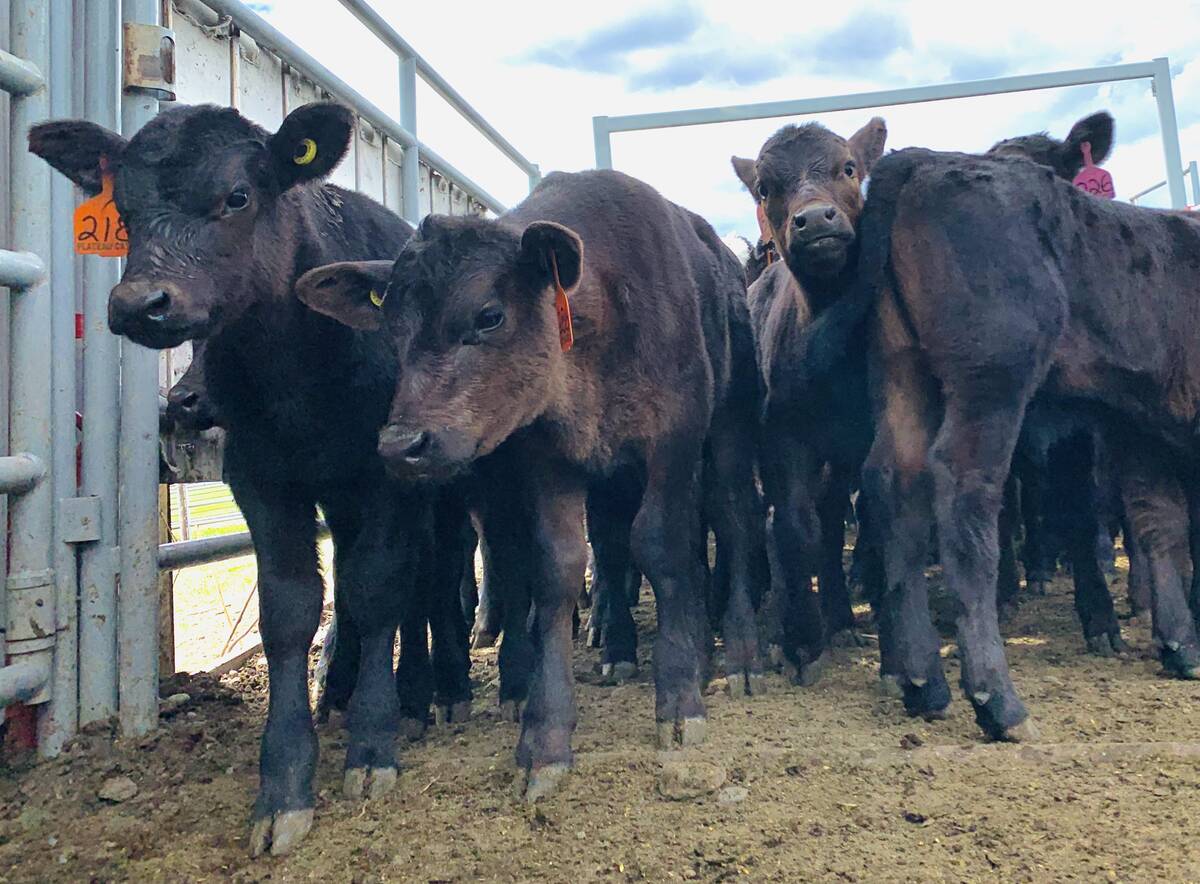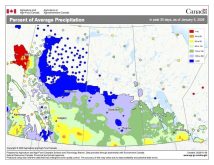The United States and the European Union launched negotiations for the world’s most ambitious free trade deal June 17, promising thousands of new jobs and accelerated growth on both sides of the Atlantic.
Trade between Europe and the United States is worth almost $3 billion a day and a pact could boost both the EU and U.S. economies by more than $100 billion a year each — an attractive prospect after the devastating impact of Europe’s debt crisis.
“This is a once-in-a-generation prize and we are determined to seize it,” said British Prime Minister David Cameron, flanked by U.S. President Barack Obama and the presidents of the European Commission and the European Council.
Read Also

How ‘care and compassion’ protocols drive performance at this Alberta ranch
Plateau Cattle Company says lowering stress in calves using science-based practices leads to higher weaning weights and better animal health.
The first round of negotiations will take place in Washington in July, Obama said, speaking at the Group of Eight summit near the Northern Irish town of Enniskillen.
First considered three decades ago but knocked down by France in the 1990s, the idea of an EU-U.S. free trade deal has gathered momentum as Brussels and Washington look to generate growth and China’s rise prompts deeper western integration.
The United States and the European Commission, the executive body of the 27-country European Union, hope for a free trade deal by the end of 2014 — a tight deadline in complex international trade talks that usually take many years.
The European Union and the United States already account for about half the world’s economic output and nearly a third of world trade, and bringing down the final barriers to trade could unleash billions of dollars in transatlantic business.
The new talks proceed as Canada and the European Union remain deadlocked over a long-delayed free trade agreement, Canadian officials said June 7, casting more doubt on the pact as the EU shifts focus to a bigger deal with the United States.
The Canada-EU deal was initially supposed to have been finished by the end of 2011, but there is no end in sight, largely because the EU is resisting Canadian demands for much greater beef access.
Ottawa and Brussels started talks on opening up access to each other’s economies in 2009 and say a deal could generate around $28 billion in trade and new business a year.
Sources close to the talks said farmers in the west of Canada, the heartland of the Conservative Party, initially sought the right to export between 80,000 and 100,000 tonnes of beef a year to the EU.
This alarmed the cattle industry in Ireland and France and EU officials said they can offer a little more than 40,000 tonnes a year. Canada has moderated its initial demand, but the two sides are still apart.
EU-based officials say that unless a Canadian deal is settled soon, the 27-nation bloc will switch resources to the U.S. talks and the Canada agreement could be frozen.
“We are aware obviously of EU plans to negotiate with the U.S. but it’s also equally in the other side’s interest, you could argue, to conclude an agreement to show what kind of agreement is possible,” said Andrew MacDougall, spokesman for Prime Minister Stephen Harper.














